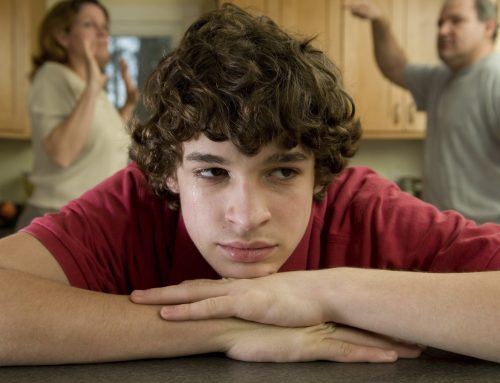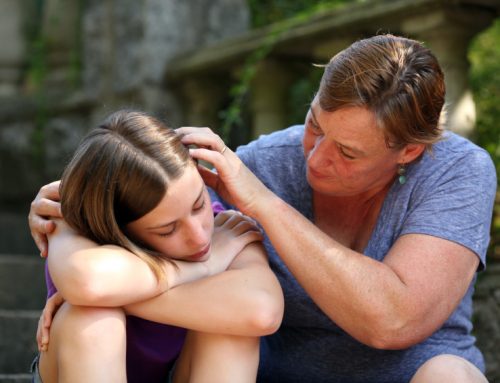It has been very encouraging to see the recent conversations where celebrities have talked openly about personal struggles and mental illness in hopes of decreasing the stigma. Currently making headlines are Lady Gaga’s open letter about suffering from Post-traumatic stress disorder as well as the Princes Harry and William talking about their struggles after losing their mother.
In our culture, we are comfortable talking about physical illness whether it is a passing cold or a lifelong struggle with diabetes. Even if people don’t seek out medical care, it seems less about shame and more about practicalities (no time, high deductibles, etc.). Unfortunately, we do not interact with mental illness in the same way. Too many people feel it is something they must suffer with in silence and too many people lack accurate information about the range of treatments available, including therapy and medication. How can we change that?
- Know your families mental health history: We are cued up by our medical doctors to know which illnesses family members have that increase our own risk (e.g. heart disease, breast cancer). That information is shared with our healthcare providers to develop the best possible treatment plan. We need to do the same with our families mental health history. As a psychologist, I often hear people say I think my dad was depressed because he drank a lot or my aunt had a “breakdown”. This information is certainly helpful to me to get a broad picture, but more accuracy helps me determine the best course of action. A “breakdown” could refer to anxiety, depression, or psychosis. The more people feel comfortable talking about this within families and to their providers, the more providers can help develop a good plan.
- Know the early warning signs: Seek out education about signs and symptoms for any mental illnesses that run in your family. National Alliance on Mental Illness (nami.org website) is an excellent resource to help you learn the signs and symptoms of different disorders. Seeking treatment early means the symptoms are less entrenched and tend to respond more quickly to therapeutic or medication interventions. Even if you don’t know your family history, pay attention to these general signs: change in sleep/appetite, change in mood, change in functioning (e.g. difficult to concentrate) or change in behavior (e.g. someone social no longer wants to spend time with friends and family, decreased academic or work performance).
- Seek help. Surround yourself with supportive friends and family and seek professional help. Talk to your primary care provider or seek out a therapist when you first have concerns and they can help determine the best thing to do. A psychologist or psychiatrist is highly trained to evaluate a person’s mental health so utilize their expertise just as you would a dermatologist for a skin issue.
When professional athletes or celebrities bring these causes to our attention, it helps us see that anyone can suffer from mental illness. However, we all have to play a part in decreasing the stigma. As your kids get older, share mental health history just as you would medical health. Consider sharing your own experiences with supportive friends and family. If a loved one comes to you with a concern about emotional struggle, take it seriously and respond with empathy. We can all work together to see mental illness as a part of life, just like physical illness, and be proactive in going for needed treatments to minimize the suffering and alienation.






